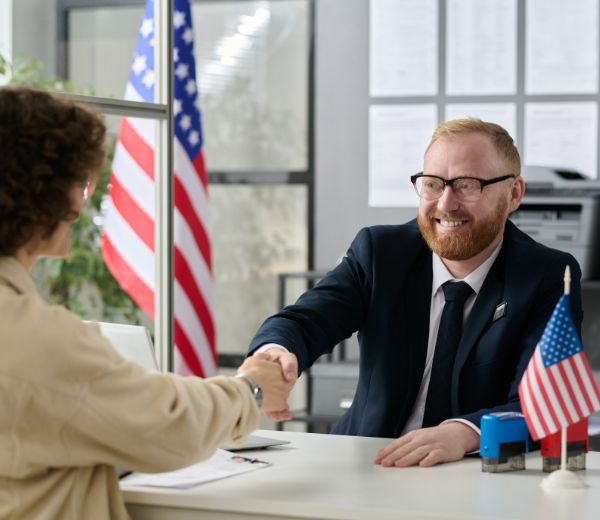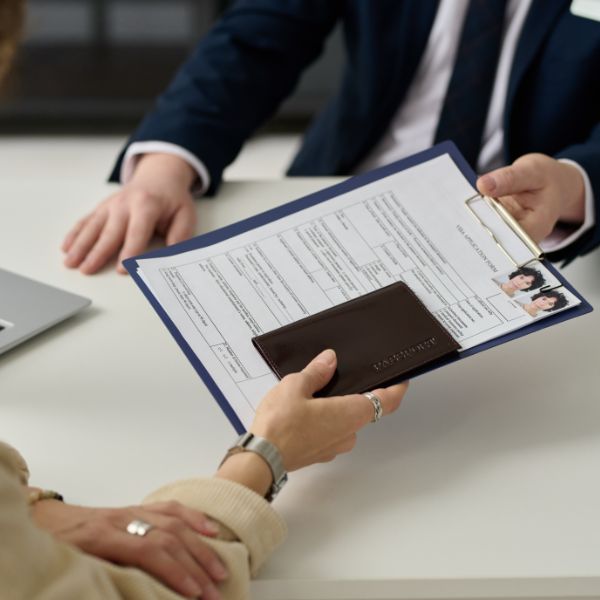We are Proud Members of the Following


FAQ
Here are some questions that our readers have asked us.
USCIS processing occurs within the U.S., handling immigration applications like adjustment of status. Consular processing is for those outside the U.S. applying for visas through U.S. embassies or consulates abroad. Both lead to becoming a lawful permanent resident but cater to applicants’ different geographic locations.
Consular processing times vary widely depending on visa category, country of application, and current workload. Generally, it can take several months to over a year to complete consular processing, including scheduling an interview, undergoing background checks, and obtaining a visa.
Individuals outside the United States who are eligible for an immigrant visa (such as family-sponsored, employment-based, or diversity visa applicants) can apply for consular processing. This method is commonly used by those seeking permanent residency through family or employment sponsorship but is not physically present in the U.S.




